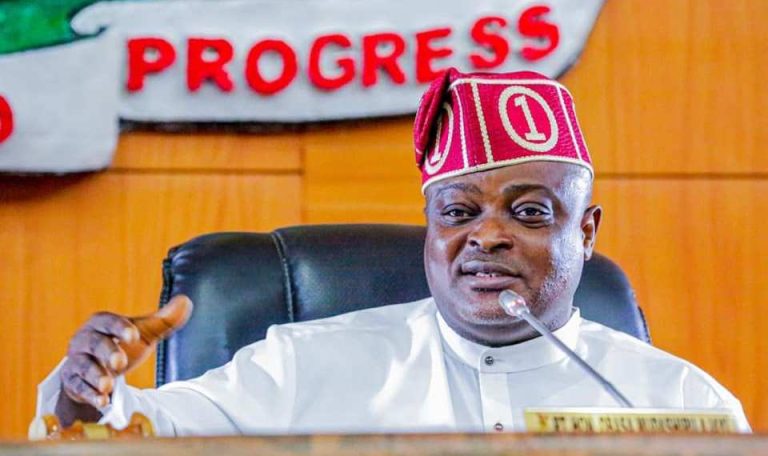The Lagos State House of Assembly has set aside ₦6.2 billion in the 2025 budget to purchase 40 residential properties in Lagos or Abuja for its members, translating to about ₦155 million per lawmaker.
According to the state’s second-quarter 2025 budget performance report, ₦1 billion, representing 16.1 percent of the allocation, has already been released.
This is not the first time such a provision has appeared in the state budget. In 2023, the Assembly allocated ₦1.22 billion for the same purpose and went on to spend ₦1.131 billion, amounting to 92.7 percent utilization. In 2024, another ₦6.2 billion was earmarked, but only ₦126 million (about 2 percent) was eventually spent.
It remains unclear whether the houses purchased in 2023 were for lawmakers of the outgoing ninth Assembly or for members of the tenth Assembly. Questions have also been raised about whether this housing arrangement was introduced by the executive or inserted by the legislature itself.
Legal experts argue that the allocation may be unconstitutional, pointing to Section 124(5) of the 1999 Constitution, which only permits state Assemblies to legislate pensions and gratuities for former governors and deputy governors—not for lawmakers.
The development comes at a time when public debates around pension laws and retirement benefits for political office holders are gaining momentum. States like Abia and Benue recently scrapped pension entitlements for former governors and their deputies.
In Lagos, Governor Babajide Sanwo-Olu had, in 2020, proposed repealing the Public Office Holder (Payment of Pension) Law that guaranteed life pensions for former governors and deputies. The Assembly, however, opted to merely cut the benefits by half rather than abolish them.
With the latest ₦6.2 billion housing allocation, critics say the Assembly is effectively creating another layer of benefits for lawmakers, which could fuel further calls for transparency and accountability in the management of public funds.


